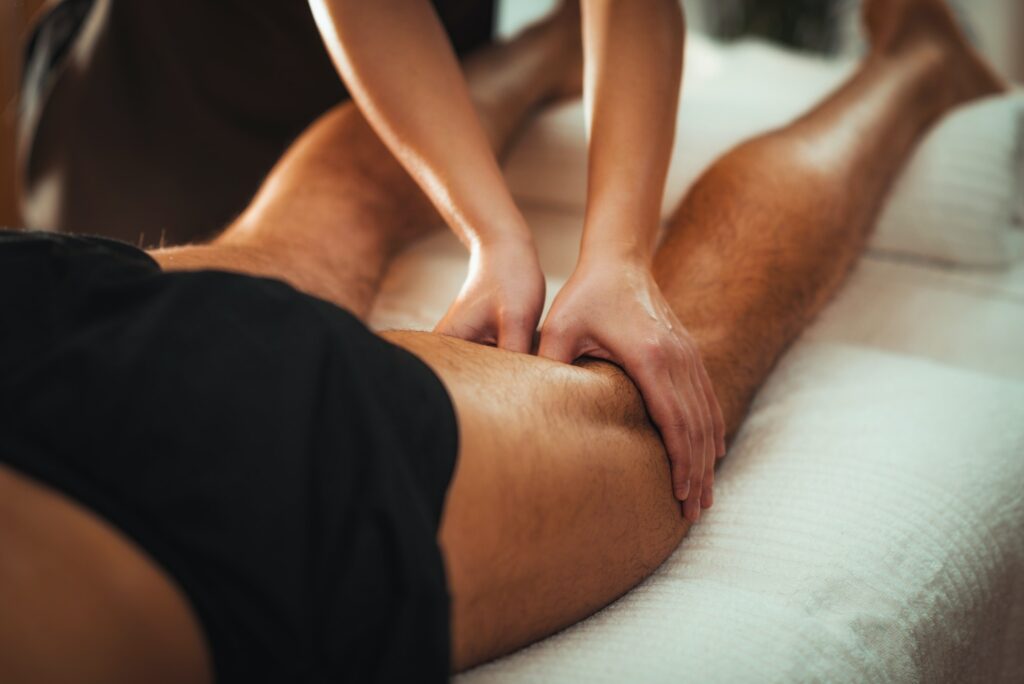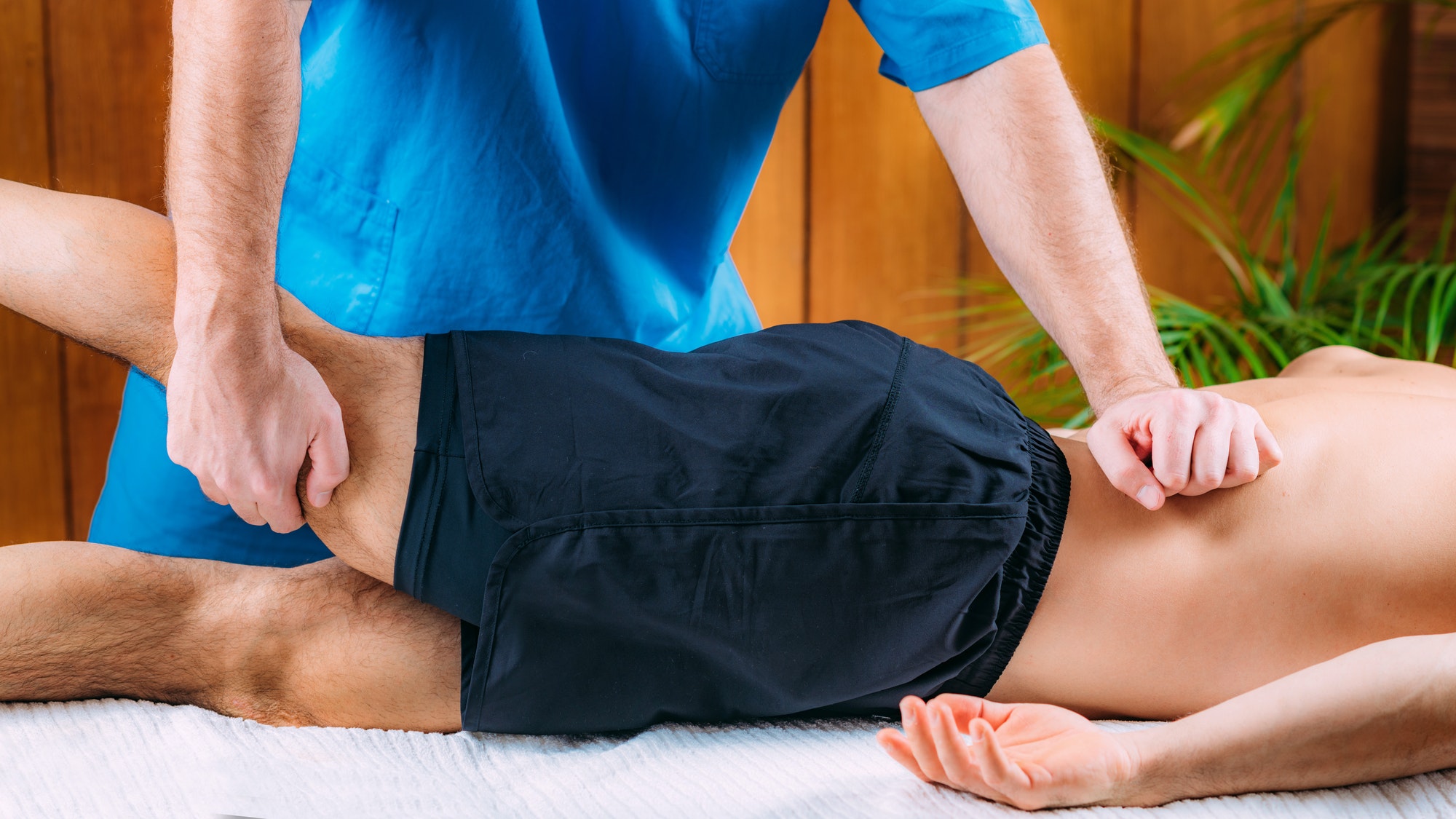
Tips To Know Before You Book A Sports Massage
Recovery is an essential step of any training program. It doesn’t matter if you’re new to the gym or getting ready to run your next marathon. Any exercise puts your body through wear and tear, so you want to allow your muscles and tendons to be repaired. Many active people opt for massage therapy called a sports massage. What is a sports massage, exactly?
It’s not like the one you’d typically receive at the spa. A sports massage is a treatment to prevent injuries and keep you tip-top shape. Here, you’ll find a list of pro tips to know before you book your first appointment.
1. The first thing to know is that you can get one at any time, but they can be especially beneficial before or after a big race or athletic event.
2. Why techniques used in a sports massage may sometimes seem similar to those used during a deep-tissue massage.
For comparison’s sake, a sports massage vs. a deep-tissue, the sports massage would probably take your [physical] activities into account and tailor the treatment to fit both the time and kind of activity. In contrast, a deep-tissue massage would be more about pressure and general lifestyle.
3. Vet any potential sports massage therapist carefully.
Pick someone who makes you comfortable, knows your sport. If available, read testimonials and reviews from other clients to understand what to expect from your experience.
4. It’s typical for your massage therapist to ask you a few questions before your first session.
The answers will help your massage therapist know your goals and treat you.
5. Make sure you’re well-hydrated before your massage. A hydrated body makes your muscles easier to work with during a massage since dehydration can make them stiffer.
6. Your appointment will likely involve more than a massage.
“Your sports massage may include movement, resistance exercise, stretching, mobilizations, and a host of ‘other’ stuff that has its results apart from the massage. Your therapist may also be certified or very knowledgeable in other scopes of practice, which could be a bonus for you.
7. Sports massages can help you become more flexible.
Chances are, your sports massage may include stretching. Stretching exercises can gradually increase your muscles’ extensibility since you train them to expand their range of motion.
8. A sports massage can help alleviate pain. It does so by lowering your body’s overall stress level, getting your blood flowing, and relieving muscle tension, all of which lead to better recovery.
9. A sports massage can help you heal from or prevent an injury.
Sports massages should be part of your [pre-event] routine to get you ready to go or part of your rehab routine to help you get back going.





